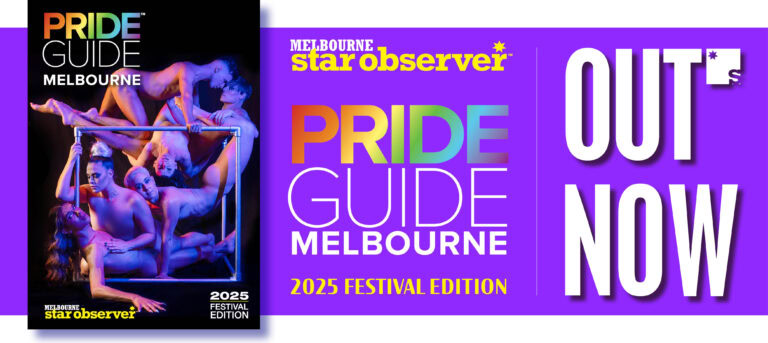
Adelaide Festival lament
For eight months I was in the job thinking, -˜Oh shit, I should resign.’
Artistic director of the 2004 Adelaide Festival Stephen Page is being blunt.
Page is the man brought in to help salvage a festival that, despite being our premier international arts showcase, lost $1.15 million in 2000 and had a 2002 season widely acknowledged as disastrous. Back in 2001 American festival director Peter Sellars introduced a radical non-international program and by the beginning of 2002 all key staff and half the board had resigned (partly as a consequence). It was, according to Adelaide journalist Tim Lloyd, the worst-run, worst-financed and worst-marketed festival of all time.
Little wonder Page almost buckled. I was sort of appointed between the Sellars chaos and the post-chaos, post-Sellars; I think it blew out a bigger picture where they were reviewing the board and the whole board changed and I just thought -¦ oh, it’s too much laundry to clean up, Page says. I want to use my vision, I don’t want to come in and be a packet of Omo.
Thankfully Page stayed, buoyed by a love of learning and a lingering sense of fate. His comments swing between gems of naked pragmatism and casual spiritual assertions.
Page is also remarkably calm, given that his schedule also includes guiding Bangarra Dance Theatre. The company continues to bring indigenous culture to broad Australian audiences, a cultural high-wire act to which Page is accustomed. It’s just as well, because he’s also the first Aboriginal director of the festival.
It’s been a bit hard for me with this program because everyone’s going, oh, he’s just going to do an indigenous program -¦ Page says. I thought, oh fuck no, I’m not going to do one, I’m going to try and do something else. But there was just no way I could escape having indigenous content, because that’s just me.
Seven of the 52 acts are overtly concerned with indigenous cultures. There’s the stage debut of national icon David Gulpilil, telling the yarn of his life in Gulpilil; the culture of the Yirrkala peoples of north-east Arnhem Land is explored in Body Dreaming and yes, Bangarra has a new show which features a biographical dance of the life of David Unaipon.
The rest of the festival also has some impressive firsts. The State Theatre Company of South Australia stages its 210-minute adaptation of Robert Dessaix’s Night Letters; La Carniceria Teatro presents I Bought A Spade At Ikea To Dig My Own Grave; Bryn Terfyl sings Celtic ditties; and The Prague Chamber Orchestra plays Dvor?
Somehow, the program has already been described as safe, although Page admits we had to be.
You get a bashing every time, I still get it today, even though the program’s been released. So I think Peter’s stamp will always linger! Page laughs, but he’s not bitter.
I think Sellars’s festival was probably the most cutting-edge I’ve seen in this country and good on him. He stuck to his principles and he went for it, Page says. That’s what art’s about. It’s about breaking people’s consciousness and rejuvenating people’s spirits -¦
Page admits his own stamp is influenced by his love of dance and storytelling, aesthetic preferences which have led to the programming of such divergent works as The Overcoat and Conjunto Di Nero. It’s still Page’s festival, though he freely admits to learning much in the last year about forms in which he knew little, like classical music.
In the end, though, it seems it’s all been much ado about -¦ nothing?
We’re spoilt in this country, he says. We’re totally spoilt. Art’s a beautiful medium to enhance and challenge people’s consciousness -¦ [and] I just think, you can’t even have a government that recognises indigenous rights or puts forward a treaty. You can’t have any of that justice and here we are worried about spoiling our poor little state festival, he smiles.
Â
The Adelaide Festival runs from 27 February until 14 March. Visit www.adelaidefestival.com.au for more information.









